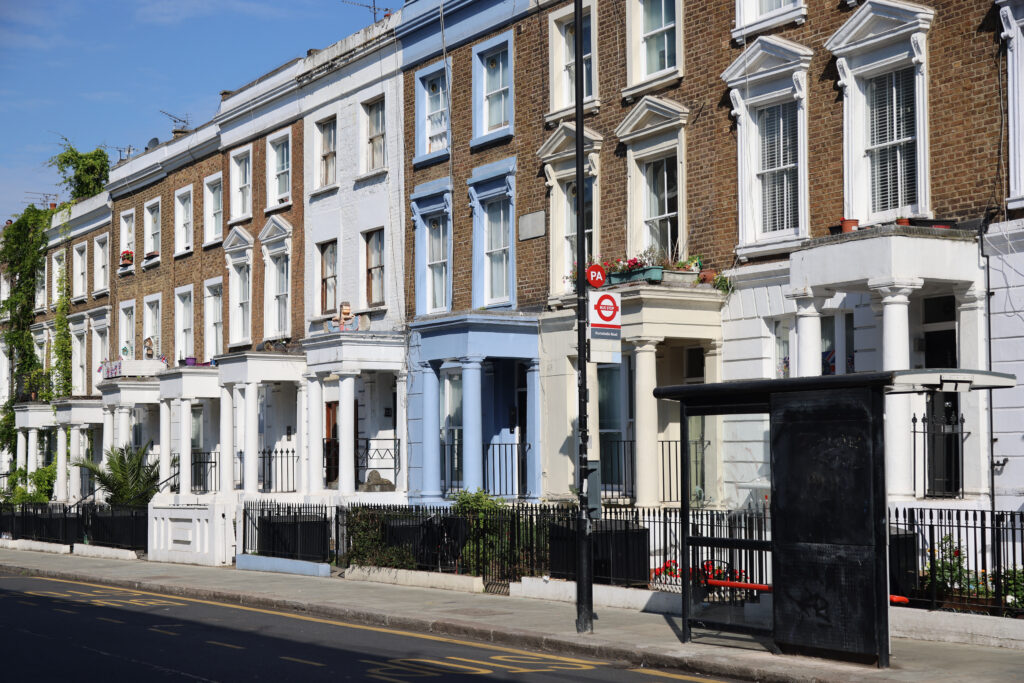If you’re planning a move in the UK’s bustling capital, you already know it’s not your average relocation. From navigating congested streets to understanding the parking permit system, moving to London requires a well-planned approach. Whether you’re upsizing in Hackney or relocating to a flat in Camden, this moving in London guide will walk you through everything—challenges, timing, and how to pick the right moving company.
Let’s get stuck in.


Why Moving in London is Unique
Moving house is stressful no matter where you are, but London brings its own set of quirks. With over 9 million residents and 32 boroughs, it’s a dense web of postcodes, red routes, bus lanes, and heritage buildings. Here’s why it’s a totally different beast compared to the rest of the UK:
This guide is designed to arm you with everything you need to tackle your move like a pro.
Common Challenges to Prepare For
1. Traffic & Navigation
London’s road system isn’t exactly mover-friendly. Between congestion charges, temporary roadworks, and the notorious North Circular, timing is everything.
Tips:
2. Parking Permits
Most councils require a temporary parking suspension or permit for moving vehicles.
How to prep:
3. Hidden Costs
From stair charges to additional fees for late key returns, costs can quickly escalate.
Budget for:
Pro Tip: Always get a detailed quote upfront. Reputable companies will list every cost.
Choosing a London Removals Firm
With so many options, finding the right moving company in London is crucial. Here’s how to avoid cowboys and find pros who know their way around Southwark to Stratford.
What to Look For:
Reviews & Ratings: Check Trustpilot, Google Reviews, and removals comparison sites.
Best Times to Move in London
Weekday vs Weekend
Best Months to Move
Moving in Camden or Greenwich during the school term ends? Plan traffic spikes in family-heavy boroughs
London Removals Tips from the Pros
We asked our team at Apex for the advice they’d give to a friend moving to London. Here’s what they said:
Declutter First – “There’s no point paying to move things you don’t want. Sell or donate items before the big day.”
Label Boxes Clearly – “Especially which room they go in. Saves loads of time during the unload.”
Know Your Borough Rules – “Moving in Hackney? Get the parking sorted early. Southwark? Watch for permit-only zones.”
Keep Essentials Separate – “Pack a ‘Day One’ box with chargers, loo roll, kettle, and your toothbrush.”
Borough-Specific Moving Notes
Because local knowledge matters…
Moving in London is no small feat—but with the right planning, a reliable removals firm, and a borough-savvy checklist, it can be stress-free and even exciting. Whether you’re switching flats in Fulham or settling into your first home in Hackney Wick, the key is to stay informed and get ahead of logistics.
Moving to London soon? Book a stress-free move with Apex.
We handle everything—from permits to packing—with local knowledge and national standards.
11 Wellington Court, Staines-upon-Thames, Stanwell, TW19 7HL
Call Us: +447729344862
All Rights Reserved.